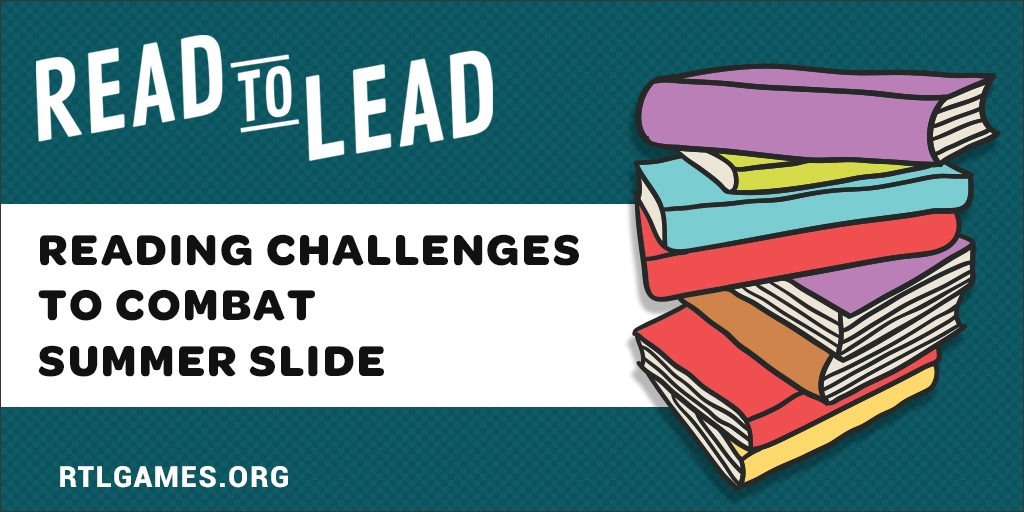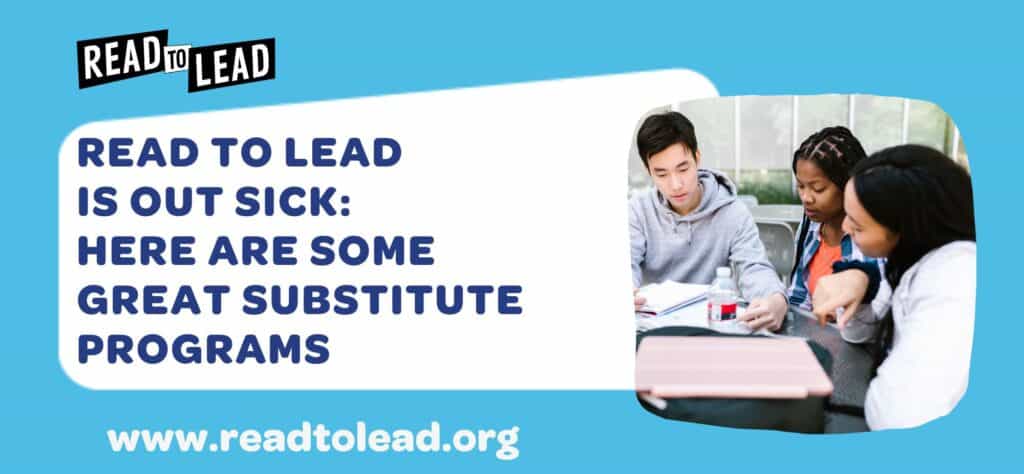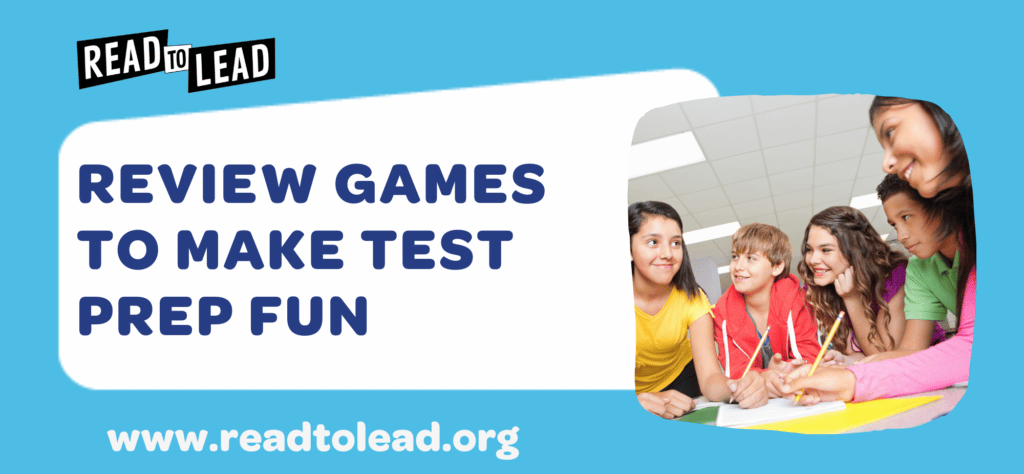
“I know my students ended last school year with specific reading skills, so why am I having to review those same skills again this school year?”
Whether this is a thought that has crossed your mind at the start of each school year, or a complaint you’ve heard from fellow educators, it is undeniable that many students do experience reading loss over the summer months.
Why are students experiencing reading loss?
“Summer slide”, the loss of reading ability and other academic skills over the course of the long months of summer vacation, has been studied in depth and documented among students for decades. Yet, it appears that despite educators and researchers being well aware of this phenomenon, parents are still in the dark.
While 94% of parents agree that reading during summer break can help their children during the school year, only 47% of them are aware of “summer slide” and that reading is a key factor in preventing it. This lack of awareness could be a key contributing factor to why students are not reading over the summer and losing valuable literacy skills by the time they return to school in fall.
Another critical reason for summer reading loss is a simple one: a lack of access to books and reading material. Schools and public libraries are generally the main sources of books for students to read, and when schools close for the summer, students lose access to one of their primary sources of books. Particularly in low-income and high-poverty neighborhoods where students often do not have books at home, the summer months turn into a time when students have extremely limited access to print materials.
What can be done to reduce reading loss?
During the summer, parents play an important part in influencing the activities of their children. The first step to helping reduce reading loss over summer is to ensure that parents are informed and aware of the importance of keeping up reading habits during the break. As the top source of information on the topic of summer slide, schools should provide parents with adequate resources on the issue, as well as suggestions for them to maintain their children’s reading habits.
In the UK, the annual Summer Reading Challenge, now in its 20th year, helps get three quarters of a million students into libraries over the summer break. Scholastic and the Los Angeles Public Library also run similar summer reading initiatives. Educators can encourage their students to participate in these initiatives or even organize one within their class, school, or district. Set manageable and attainable goals to motivate students to participate, and reward students for completing individual books. Making it a community activity can also spur student engagement as more and more students become involved.
Now more than ever, educators can harness the power of technology to help students maintain and improve reading ability and avoid summer reading loss. Organizations like Classroom Inc. offer interactive educational games like Read to Lead, and specialized summer programs which focus on improving literacy and cultivating leadership within the context of the modern workplace. The engaging interface can also inspire students to read who may not otherwise be interested in reading traditional books.
Getting students to keep up reading during the summer vacation may be a challenge. By engaging parents, involving the students and harnessing the power of technology, we can help combat summer reading loss and reduce summer slide, keeping our students’ literacy and academic skills sharp for the next school year.
About Read to Lead
Read to Lead uses the power of game-based learning to empower middle school students to build literacy, life, and career skills. Teachers can sign up for a free account to get started!


